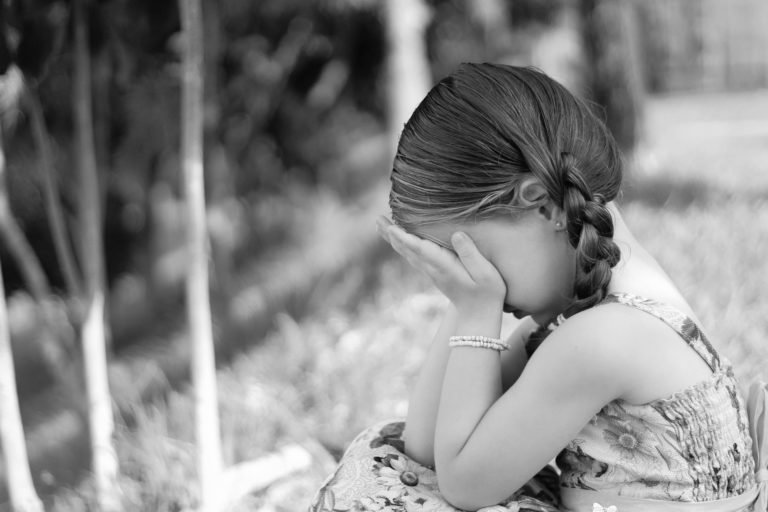7 Tips for Explaining Death to Children
It can be hard explaining death to children, particularly those who are younger because death is often associated with a temporary thing and they expect loved ones to magically appear again at some point. They are also prone to say exactly what they are thinking which could be upsetting for some people, particularly at funerals. How you explain death plays a key role in how they handle the passing of a loved one, now and in the future, so here’s some tips on how to do it right.
1. Honesty
Always be honest with children and don’t try to lie to them by saying that their loved ones have gone away “for a while.” Tell them the truth to avoid confusion and help them to understand what this actually means.
2. Clarity
Use simple words and terms, it’s important that you speak to them clearly and on their level so they have the most chance of understanding.
3. Prepare For Questions
For many children, death will be a new concept to them and they are bound to have a lot of questions. Be prepared to answer them and don’t take it personally if they are asking in depth questions, they are merely trying to navigate this new experience.
4. Not Grieving Is Okay
Some children are merely too young to understand the ramifications of death and as a result they don’t seem to “mourn.” Although this can be disheartening, particularly if you were close to the deceased, it’s not uncommon and certainly not abnormal.
5. Talk About Emotions
Use words to describe emotions because although children feel, they can’t always associate what this means with words. For example, let them know this makes us sad, upset or confused so that when they feel these things they know what they are feeling and why.
6. Listen
You may find your child wants to express memories or feelings about death or the loved one who has passed and like you would with anyone else, be prepared to listen to them and acknowledge what they are saying.
7. Memorialize
You may choose to help them to remember the loved one in their own way by starting an art project such as a photo collage or other memorialization ideas that will help with their grieving process.
Overall it is important to remember that everyone grieves and copes with death differently, even children so this needs to be respected and navigated carefully. For more information and advice, visit our website or feel free to get in contact with a member of staff who will help guide you through your options.
Previous Posts
Cremation Facts - Everything You Need To Know
Top Reasons To Preplan Before You Need It
Top Reasons To Pre-Plan Before You Need It
Lost A Pet? How To Help Your Other Pets Grieve
Celebrant Or Clergy Member, Which Should I Choose, And Why?
Can I Have A Cremation And A Visitation?
Celebration Of Life Vs Funerals
Remembering And Honoring A Loved One Through Holiday Meals
The Importance Of Personalizing Funerals/Memorial Services
How Pet Loss Affects Other Pets







Comments